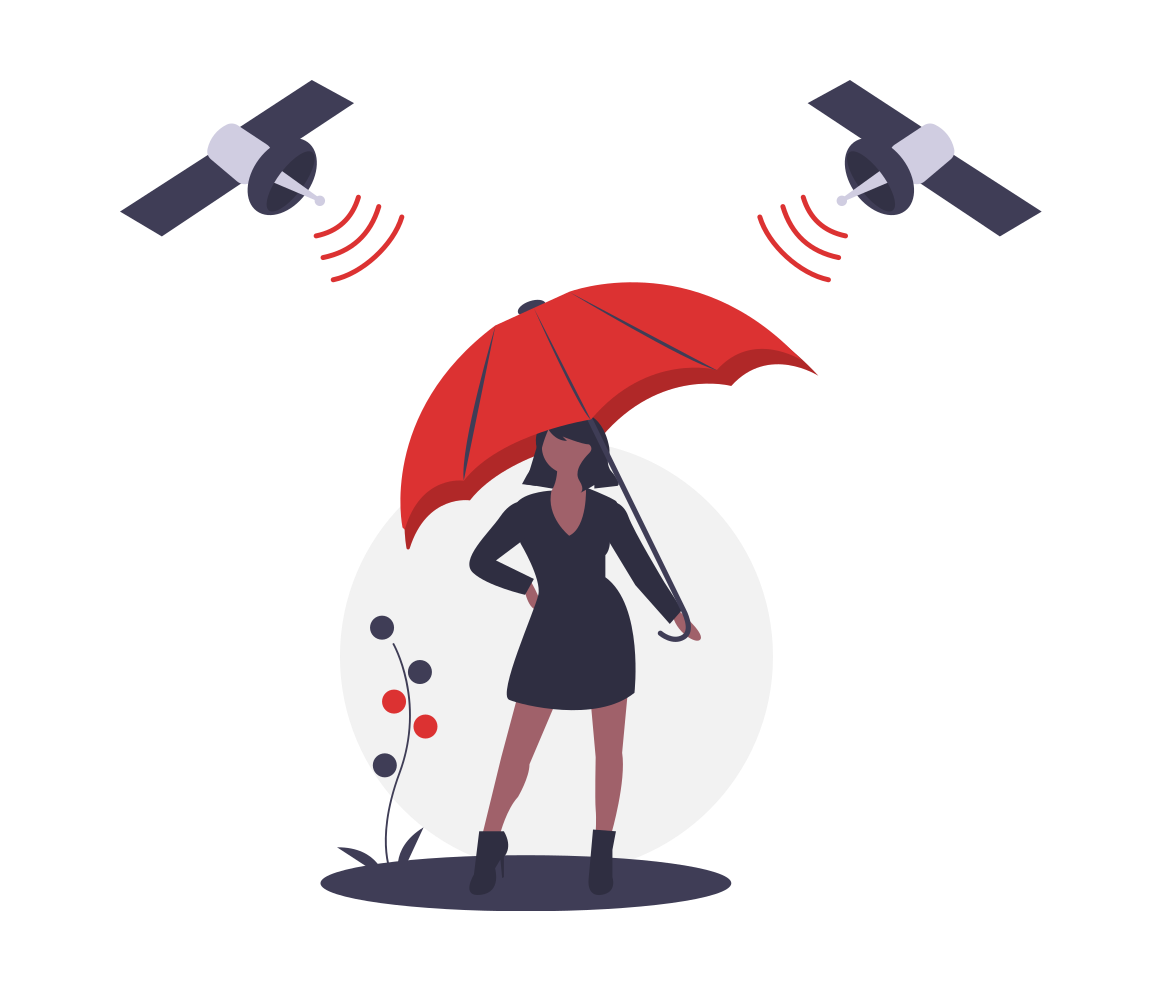Sécurisez votre Facebook
Récemment, une connaissance à moi s’est plainte de fréquentes tentatives de piratage de son compte Facebook. Je lui ai proposé quelques actions à faire pour le sécuriser; du coup je les mets ici aussi.
Je te recommande de:
1) Changer le mot de passe de ton compte en un passe suffisamment fort et que tu n’utilise pas ailleurs. Tu peux utiliser le générateur de LastPass pour faire ça ???? https://www.lastpass.com/fr/password-generator
2) Te déconnecter de toutes les sessions sauf seule sur laquelle tu te trouves.
Pour faire ça dans l’application Facebook, tu vas dans « Paramètres et vie privée > Paramètres > Sécurité et connexion ».
Tu verras une section « Où vous êtes connecté(e) » avec « Voir tout », tu cliques là dessus; et t’auras un bouton « Se déconnecter de toutes les sessions » sur lequel tu cliques.
Ça va te déconnecter de tous les autres endroits où ton compte est connecté à part sur l’appareil que tu utilises.
3) Activer l’authentification à deux facteurs. En gros, ça te permet d’ajouter un nouveau de téléphone qui va recevoir un code de connexion par SMS à chaque fois que tu veux te connecter à un nouvel appareil.
Pour faire ça, tu vas dans « Paramètres et vie privée > Paramètres > Sécurité et connexion » toujours, puis « Authentification à deux facteurs ». Tu verras les options proposées et tu pourras choisir celle qui te conviens.
Je te recommande aussi de copier les codes de récupération et de les stocker dans un endroit sûr.
Voilà. J’espère que ça aidera :).
